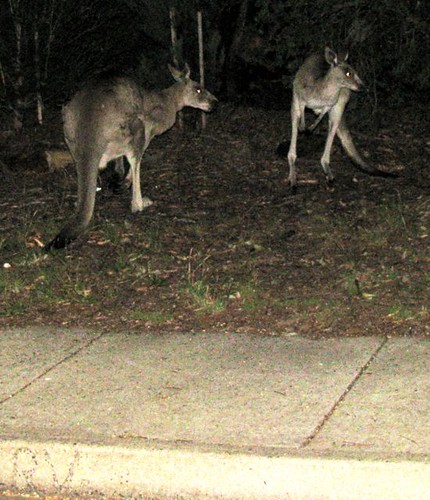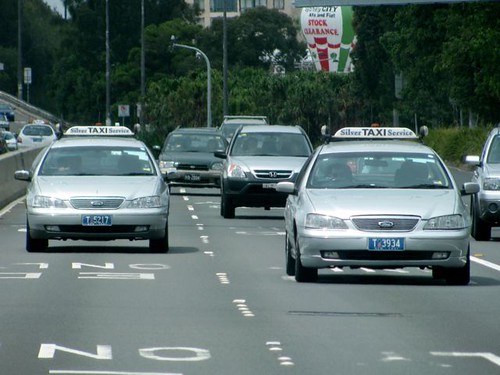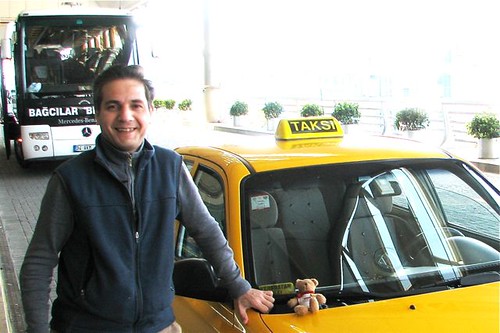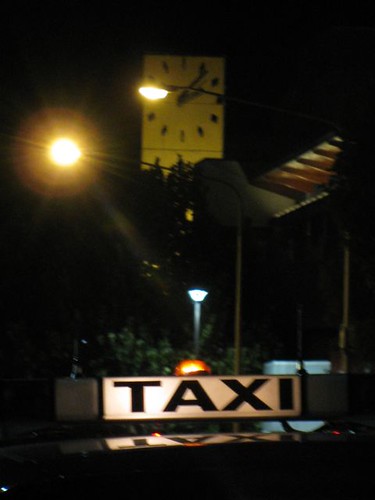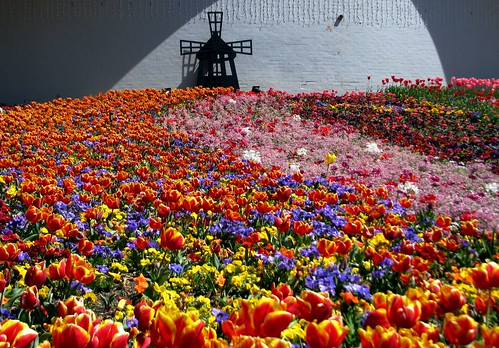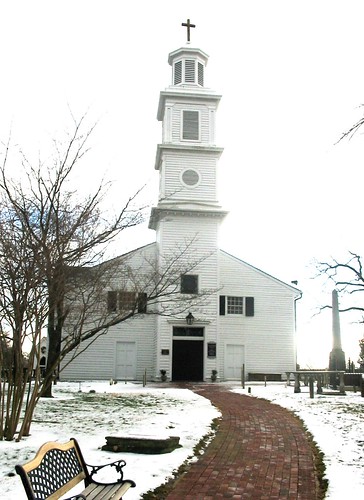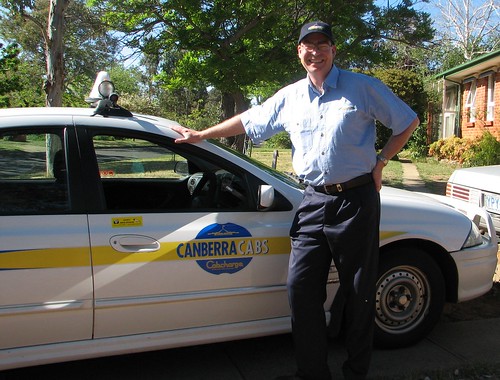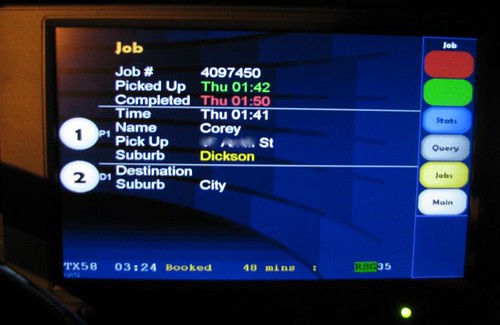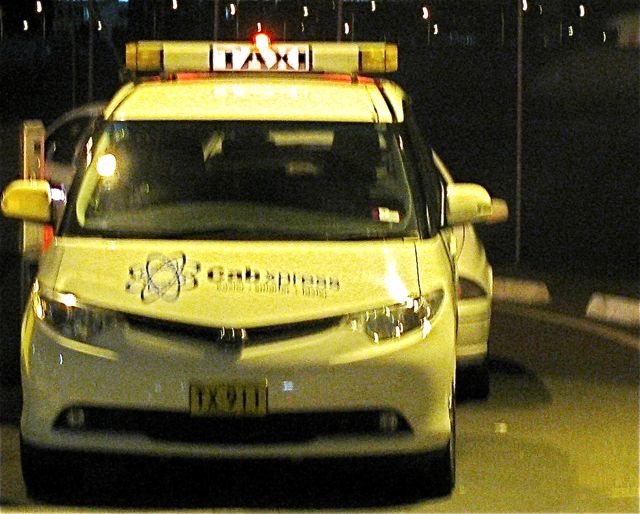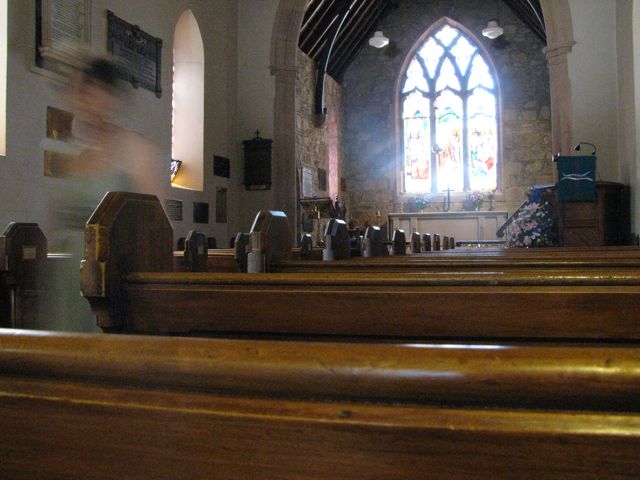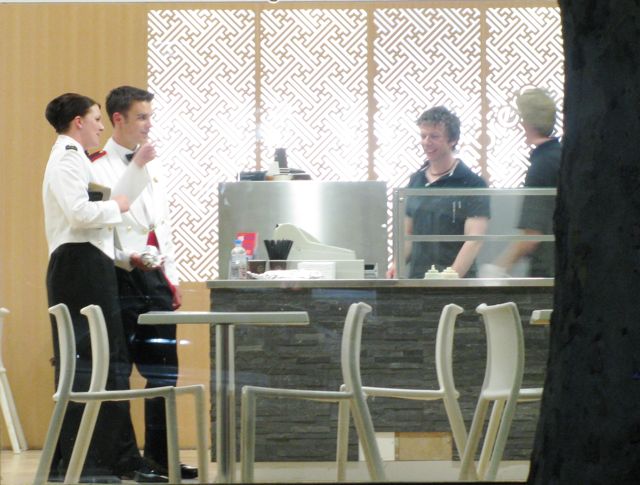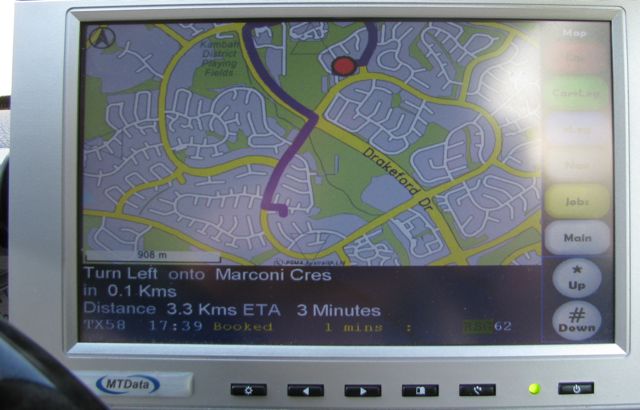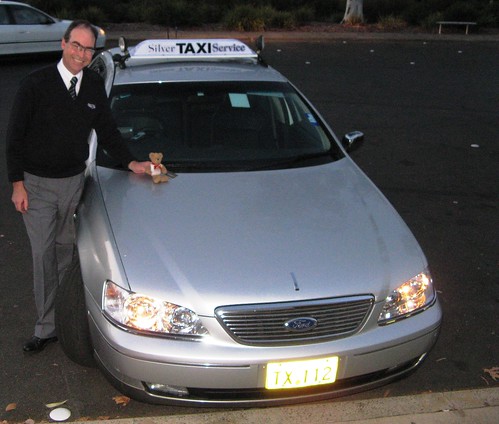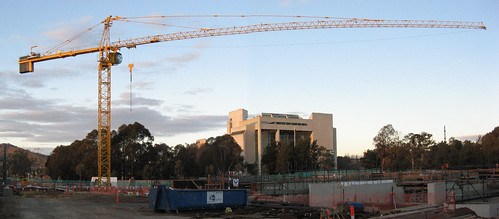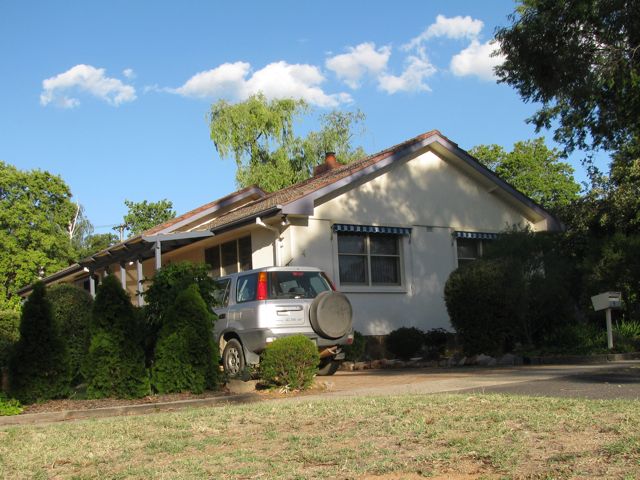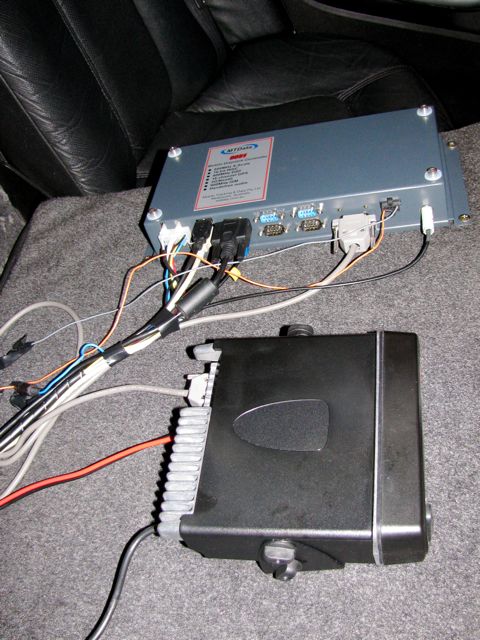
I’ve lived in Canberra for twenty years, give or take a day, and in all that time a day and night of solid rain is still a wonder. It just doesn’t happen. We’ve had full years go by with no rain at all.
Usually what happens is that it’s dry for a month and then we get a shower. Instantly all the oil and gunk that has seeped into the surface of the road rises on the water and turns our grand boulevards into skating rinks. Roundabouts, of which Canberra has about a bazillion, become even more hazardous than usual.
I remember going around Parliament House (enclosed by not one, but two giant roundabouts) and a young driver one lane over took the curve just a bit too fast. He spun around a couple of times, remaining in place, looking terribly embarrassed, and then, get this, he found he was pointing the right way so he took off again. Last I saw of him he was red tail-lights going down Commonwealth Avenue.
But there’s always a slew of drivers who aren’t so lucky. Half an hour after the first raindrops fall, and there are flashing lights, towtrucks and police all over. Messages come over the despatch system to avoid certain intersections “due to MVA”.
I’ve learnt to slow down in the rain, take it easy on the corners, and be prepared for idiot drivers. I drive a good car with excellent tyres, but I still pull back one or two notches from my usual speed.
Thursday night the rain began on Friday morning, just as my shift was ending. It had been a beautiful day and night, a few light showers here and there, just enough to get the car dirty from road spray. I ran it through the carwash and boy, was that five bucks down the drain!
Paul, my day driver, had twelve hours of solid rain, and rose to the occasion magnificently, sheltering little old ladies with the umbrella we keep in the boot, driving well under hotel porticoes, positioning the car to avoid puddles and so on. The highlight came, he recounted with relish, when he dropped a lady off at the airport, telling her “when you get out, stand over there out of the rain, and I’ll bring your bags over to you.” He did just this, and she handed him a twenty dollar note as a tip.
I was inspired by this, so when I took a trio of lady public servants to the airport I used Paul’s line and as I hauled their bags to them through the rain, I got three big smiles.
It was wet. Twelve hours of rain and the city was soaked. Drains were beginning to back up. Here and there puddles at low points on the road were turning into lakes and oceans. I know the places to avoid on the major routes, where I’ll slow down and change lanes while less cautious drivers throw up huge sheets of dirty brown water. But when one passenger asked to be delivered to the university, I took the off ramp and discovered too late, at seventy kilometres an hour, that there was half a metre of water on the road, gathered invisible in a little dip.
For a second the world turned into spray, and I wished that I was outside the cab taking photographs of the spectacle, rather than inside wondering if we were going to stay in one piece.
“Route!” I said, startled. “I might go a different way, next time.”
“Lucky we didn’t go sideways,” he agreed. No tip from him, neither.
I worked out of the airport during the evening, and the roadworks soon showed their weak spots. The small potholes here and there expanded under the traffic, linked up, and disappeared under deceptive sheets of muddy water. I went through the puddles at a walking pace, choosing my line very carefully indeed, but other drivers weren’t quite so wary, and you could almost hear the shouts of outrage and alarm as their cars bucked and dived through the hidden trenches, each impact crumbling the holes just a little bit further.
All in all, it was just a miserable night. I had the wipers going continuously, moving from intermittent to double speed as required. At one stage I took a few minutes out to gas up, taking the outside pump through force of habit and the placement of the fuel cap. Big mistake, as this placed me directly under the edge of the driveway canopy, a line of drops splattering down on my bald spot. Worse, the rain suddenly intensified, and I crouched miserably back against the bowser, holding the filling lever down at arm’s length. When I went inside to pay, the counter attendant was barely able to speak through his laughter.
Glad I brightened his night, because it was just dismal out on the roads. I contemplated going home early, but there was just too much work around. I’d drop a passenger off and immediately I’d be offered a new radio job. At one point in the evening, I was given jobs that were an hour or so old. No passengers waiting outside for me, and no flicker of interest from darkened houses. After a few “no-shows”, I gave up on radio work, instead choosing ranks, street hails, and my own regular passengers ringing for a cab.
Friday night with Christmas parties and school formals in full swing. Young women in scanty wisps of evening dresses nervous under umbrellas. Cheerful drunks stomping through puddles. Bare-chested men striding through the rain.
The cabline on the main rank was a sight to behold. A lot of cabbies had given up driving through the rain and gone home early, and a lot more were attending to calls out in the suburbs. So there weren’t as many cabs in Civic as there would normally be, and the nightclubbers were facing an hour or two standing in the rain for a cab. This was misery made flesh, but I never got close enough to rescue anybody. I’d drop off a passenger at a hotel or club, and instantly there would be several people scrambling to get in.
“My knight in shining armour!” exclaimed one young lady, hopping in beside me, three soaked companions bundling damply into the back.
All told, it was a dreadful night to be needing a cab. There were delays at the airport, and planes were still arriving after midnight. Passengers waiting patiently in line with their luggage, cheering each rare set of cab headlights. At least they had a scrap of shelter.
Somewhere around two in the morning I gave up. I wasn’t sure if I had a Saturday driver to take over at three, but I couldn’t stand another hour of dark and dismal rain to hand over in person.
Driving up Canberra Avenue and there was Parliament House ahead of me, the floodlights atop the flagpole lighting up low cloud and drizzle. It looked spectacular, and I decided to brave the rain for a quick time exposure shot. Parliament House is a dramatic sight normally; tonight it was surreal.
I parked in the underground car park and rummaged around for my camera. Got out and felt in my bag. Drat. I had my little folding tripod, necessary for a time exposure, but I’d left the camera itself at home after uploading a few recent shots. All I had was my iPhone, and much as I love it, it isn’t my first choice for fine photography.
Nevertheless, I climbed the stairs out into the drizzle and trudged along to a good spot. A disbelieving patrol car loitered nearby as I clicked off a couple, turned and disappeared back underground.
And that was my night. I gave one last sad look at the dismal cabline in Civic before I gassed up and headed home.


